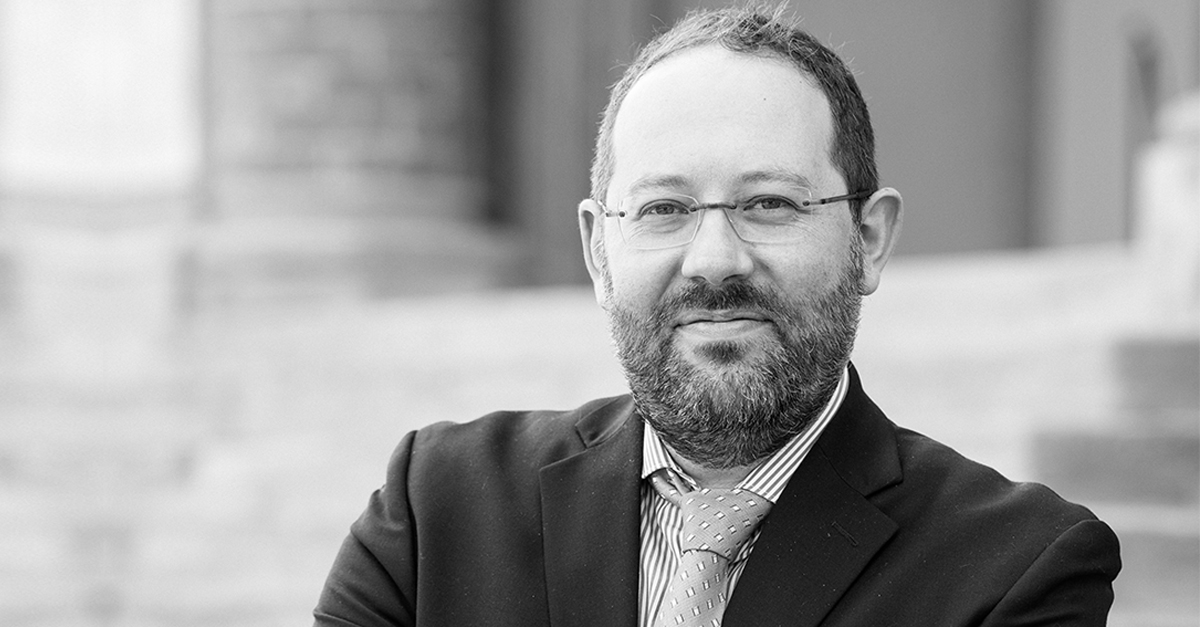
A concrete opportunity for the sustainable transition
18 May 2021Salvatore Pascale, Ph.D., is Junior Assistant Professor (fixed term) at the Department of Physics and Astronomy of the University of Bologna. He holds an M.Sc. in Physics from the University of Naples “Federico II” and a Ph.D. in Meteorology awarded by the University of Reading, UK. He was a research fellow at the California Institute of Technology with a NOAA Climate and Global Change Fellowship from 2015 to 2017, an associate research scholar at Princeton University and NOAA Geophysical Fluid Dynamics Laboratory from 2017 to 2019 and a research scientist at Stanford University from 2019 to 2021. His research interests lie in understanding the impact of climate change and variability on the hydroclimate and extreme events.
I believe that the new BBS Centre for Sustainability and Climate Change can concretely contribute to make research on these topics take a leap ahead, thanks to multiple strengths. First, the closeness to a cutting-edge university like the Alma Mater, which facilitates a symbiotic and mutually fruitful relation between research, knowledge, and business world, in the context of a very dynamic city, very much future-oriented, like Bologna, for centuries now a beacon of civilisation and knowledge in Europe. Second, the convergence of very different sets of expertise in what emerges as a hub of interdisciplinarity in which to design and develop new strategies to address and implement the sustainable transition. Third, the relationship of BBS with the local industrial and production environment, which is among the most developed in Europe, from a technological point of view. This enables the activation of collaborations and innovative processes with various local stakeholders to integrate solutions for the economic, environmental, and social challenges posed by anthropogenic climate change into the production process.
Minimising the risks associated with anthropogenic climate change – characterised by a rapid rise in average global temperatures and thus a rapid change in the physical geography of the world in which we live – and building a future that is sustainable in terms of food supply, population growth, urbanisation and biodiversity, and energy production, is one of the most urgent and difficult global challenges facing mankind. Given the complexity and multifaceted nature of the problem, all this requires a combined and rapid action in which very different skills and knowledge are required, but which nevertheless have one common denominator: building sustainable development for future generations. The strong multidisciplinary nature of the new team of BBS researchers is therefore a significant added value, as it will enhance interdisciplinary research activities on the multifaceted set of problems caused by the impact of anthropogenic climate change on our planet, thus contributing to a sustainable future.
The economy and the business world were created to allow us to live more comfortably and securely, but they cannot thrive in a rapidly changing and increasingly uninhabitable planet due to human impact.
It is therefore imperative that greater environmental awareness in general, and of anthropogenic global warming in particular, become part of the productive economic world. In short, tackling and managing the problem of global warming is, in the medium to long term, in the interests of businesses themselves.
Increased awareness of issues such as the climate and environmental crisis in the economic and business world can have a twofold, mutual benefit: on the one hand, enabling and supporting the development of innovative and environmentally friendly strategies to accelerate the sustainable transition; on the other, creating new job opportunities where new skills are required to define and implement a more sustainable economy.
By Salvatore Pascale, Assistant Professor of Climate Dynamics and Change
